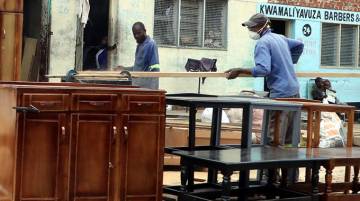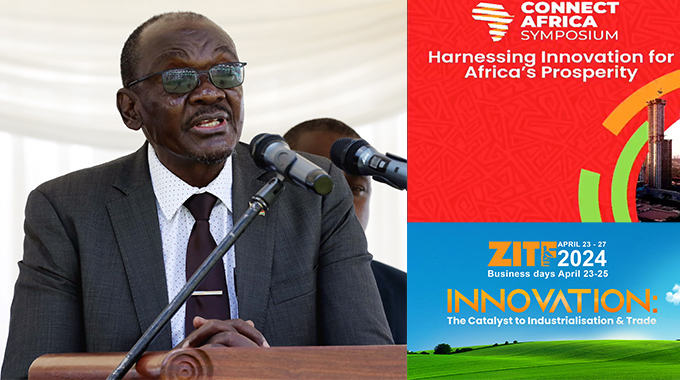‘Uhuru opened new opportunities for SMEs’

Business Reporter
THE attainment of independence in 1980 opened up new opportunities for the black majority, which has seen the country register massive growth of small to medium enterprises (SMEs) in the last 40 years.
The SMEs are credited for creating employment for more than 70 percent of the working population in Zimbabwe and 95 percent across the globe. Economic experts and policy makers are also agreed on the need to unlock SMEs potential given their role in sustaining economies through building solid transition towards more productive, job-rich and sustainable growth.

As Zimbabwe marks 40 years of independence on April 18, Women’s Affairs, Community, Small and Medium Enterprises Development Minister, Dr Sithembiso Nyoni, says there is a need to recognise the role of SMEs in the economy and their impact on livelihoods.
“First of all, before independence, SMEs were not recognised and because of the restrictions imposed by the colonial forces, only a few operated as informal businesses,” she said in an interview.

“But after independence and following the formation of the Ministry of Small and Medium Enterprises, the Zimbabwean Government, according to the World Bank in 2012, has been able to create 2,8 million SMEs in the country with more than 3,7 million businesses.
“All those are run by Zimbabweans and there are some SMEs that have grown to become big corporates,” she said.
Minister Nyoni said as a result of the democracy and economic freedom ushered in by a majority rule, nearly 15 percent of the corporates that began as SMEs are owned by indigenous women. The budding entrepreneurs are operating in various sectors that include manufacturing, tourism, mining, art and craft, leather, clothing and textile, constructive and a range of services. Some are even exporting.
In a separate interview Bulawayo Chamber of SMEs chairperson, Mr Energy Majazi said as players in the SMEs sector, they treasured the attainment of independence as it has made it possible for them to operate their own businesses. He said while the country could be reeling under economic hardships, the Government under the Second Republic led by President Mnangagwa was working tirelessly to rejuvenate the economy as well as crafting policies that support the growth and development of the SMEs sector.

“Hardships could be there but the legislative framework that Government has established has made it possible for small businesses to flourish.
Following the successful Land Reform programme that Zimbabwe embarked on in 2000, the country has been slapped with the illegal economic sanctions by the West, which has frustrated large scale industrial production and widened the base for the informal economy.
In this light the informal sector, which is largely dominated by SMEs, has become the backbone of the economy. Under the new political dispensation, Zimbabwe has embarked on an international re-engagement drive with the view to normalise relations with the international community so as to unlock the much-needed foreign direct investment and grow trading links.












Comments